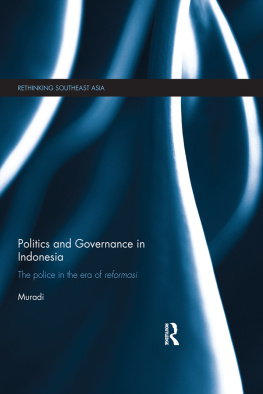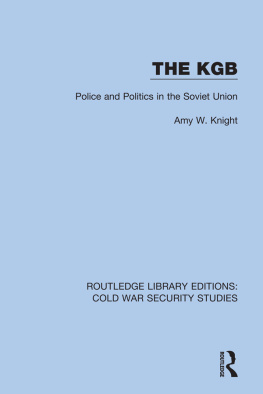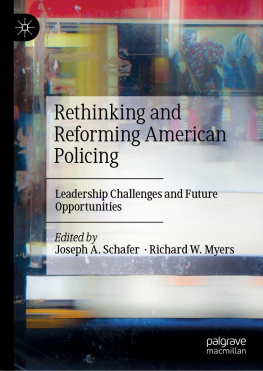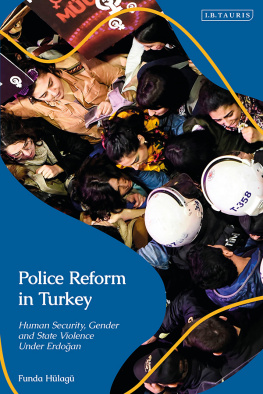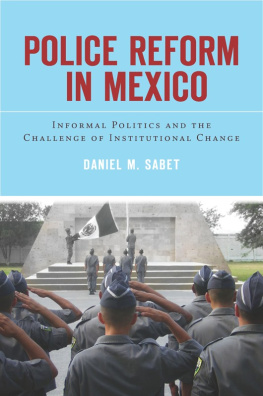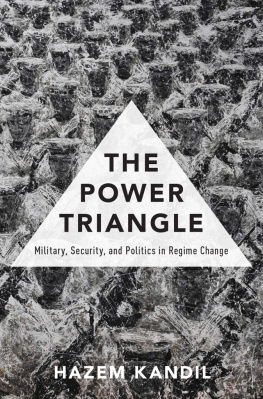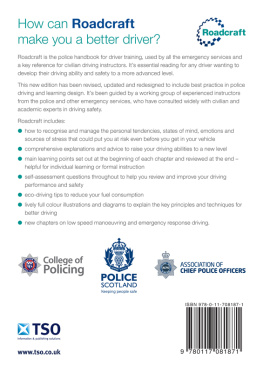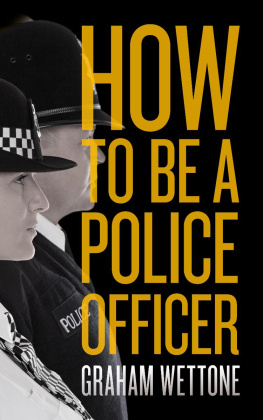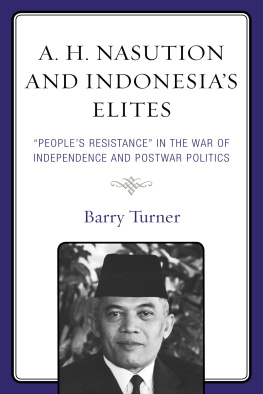Politics and Governance in Indonesia
How does an authoritarian state reform its police force following a transition to democracy? In 1998, Indonesia, one of the biggest archipelago countries in the world, faced just such a challenge. Policing had long been managed under the jurisdiction of the military, as an instrument of the Suharto regime and with Suharto abruptly removed from office, this was about to change. Here we see how it changed, and how far these changes were for the better.
Based on direct observations by a scholar who was involved in the last days of the New Order and who saw how the police responded to regime change, this book examines the police, the new regime and how the police became disassociated from the military in Indonesia. Providing a comprehensive historical overview of the position of police in this change of regime, the book focuses on two key areas: the differences between local and national levels, and the politicization associated with decentralization. Arguing that the disassociation of the Indonesian National Police from the military has achieved only limited success, the book contends that there is continued impetus for the establishment of a professional police force and modern and democratic policing, which will entail effective public control of the police.
A pioneering study of the police in Indonesia, examining key issues in the post-Suharto era, this book will be of interest to scholars of Southeast Asian politics and policing and politics in the developing world.
Muradi received his PhD from Flinders University, Australia. He is Senior Lecturer in the Department of Government, Faculty of Political and Social Sciences at the University of Padjadjaran, Jatinangor, Indonesia.
Rethinking Southeast Asia
Edited by Duncan McCargo
University of Leeds, UK
Southeast Asia is a dynamic and rapidly-changing region which continues to defy predictions and challenge formulaic understandings. This series publishes cutting-edge work on the region, providing a venue for books that are readable, topical, interdisciplinary and critical of conventional views. It aims to communicate the energy, contestations and ambiguities that make Southeast Asia both consistently fascinating and sometimes potentially disturbing.
This series comprises two strands:
Titles which address the needs of students and teachers, published in both hardback and paperback. Titles include:
Rethinking Vietnam
Duncan McCargo
Rethinking Southeast Asia is also a forum for innovative new research intended for a more specialist readership, published in hardback only. Titles include:
Politics and the Press in Thailand
Media machinations
Duncan McCargo
Democracy and National Identity in Thailand
Michael Kelly Connors
The Politics of NGOs in Indonesia
Developing democracy and managing a movement
Bob S. Hadiwinata
Military Politics and Democratization in Indonesia*
Jun Honna
Changing Political Economy of Vietnam
The case of Ho Chi Minh City
Martin Gainsborough
Living at the Edge of Thai Society
The Karen in the Highlands of Northern Thailand
Claudio O. Delang
Thailand Beyond the Crisis
Peter Warr
Virtual Thailand
Media and culture politics in Thailand, Malaysia and Singapore
Glen Lewis
Decentralization and Adat Revivalism in Indonesia
The politics of becoming indigenous
Adam D. Tyson
Truth on Trial in Thailand
Defamation, treason, and lse-majest
David Streckfuss
Civil Society in the Philippines
Theoretical, methodological and policy debates
Gerard Clarke
Politics and Governance in Indonesia
The police in the era of reformasi
Muradi
* Now available in paperback
First published 2014
by Routledge
2 Park Square, Milton Park, Abingdon, Oxon OX14 4RN
and by Routledge
711 Third Avenue, New York, NY 10017
Routledge is an imprint of the Taylor & Francis Group, an informa business
2014 Muradi
The right of Muradi to be identified as author of this work has been asserted by him in accordance with sections 77 and 78 of the Copyright, Designs and Patents Act 1988.
All rights reserved. No part of this book may be reprinted or reproduced or utilised in any form or by any electronic, mechanical, or other means, now known or hereafter invented, including photocopying and recording, or in any information storage or retrieval system, without permission in writing from the publishers.
Trademark notice: Product or corporate names may be trademarks or registered trademarks, and are used only for identification and explanation without intent to infringe.
British Library Cataloguing in Publication Data
A catalogue record for this book is available from the British Library
Library of Congress Cataloging in Publication Data
Muradi, author.
Politics and governance in Indonesia : the police in the era of reformasi / Muradi.
pages cm. (Rethinking Southeast Asia ; 12)
Includes bibliographical references and index.
1. PoliceIndonesia. 2. PolicePolitical activityIndonesia. 3. Police corruptionIndonesia. 4. Police professionalizationIndonesia. 5. Indonesia. Kepolisian. 6. IndonesiaPolitics and government19987. DemocratizationIndonesia. I. Title.
HV8254.A2M873 2014
ISBN: 978-0-415-71371-9 (hbk)
ISBN: 978-1-315-77709-2 (ebk)
Typeset in Times New Roman
by Wearset Ltd, Boldon, Tyne and Wear
This book was conceived due to the lack of comprehensive studies related to the police and politics in post-Suharto Indonesia, and developed over a ten-year period of work in the field of police studies. Based on direct observations by a scholar who was involved in the last days of the New Order and saw how the police responded to regime change, this book examines the police, the new regime, and how the police became disassociated from the military in Indonesia.
A great number of people have assisted my research for this book, both direct and indirectly. The first Big Three were scholars who had a great influence on my scholarly and personal development during my PhD study: Jim Schiller, Priyambudi Sulistiyanto and Anton Lucas, all at Flinders University in Adelaide, Australia. Their patience and expertise encouraged me to become a skeptical scholar; they acted as as outsiders overseeing what I was doing in order to make my research more valuable and objective. These three scholars gave so many new angles and critical approaches that made me see the police from a local perspective, as part of a long process of disassociation from the armed forces. Anton Lucas also provided critical input on early drafts of this book and always reminded me that the strength of the book is what happened at the local level. Priyambudi Sulistiyanto also reminded me that continuity between sections of this book should provide a new perspective for the study of policing in post-Suharto Indonesia.

